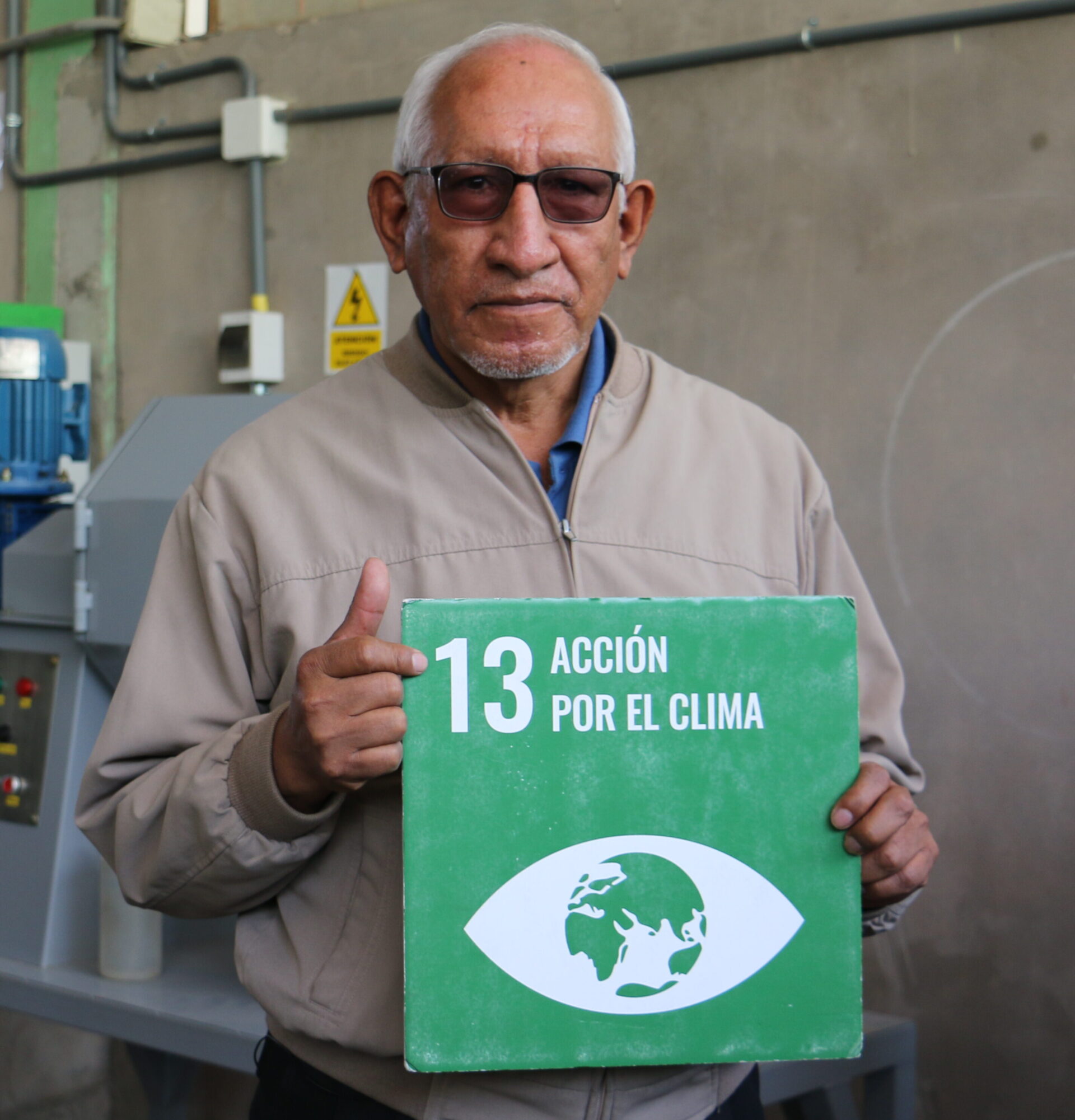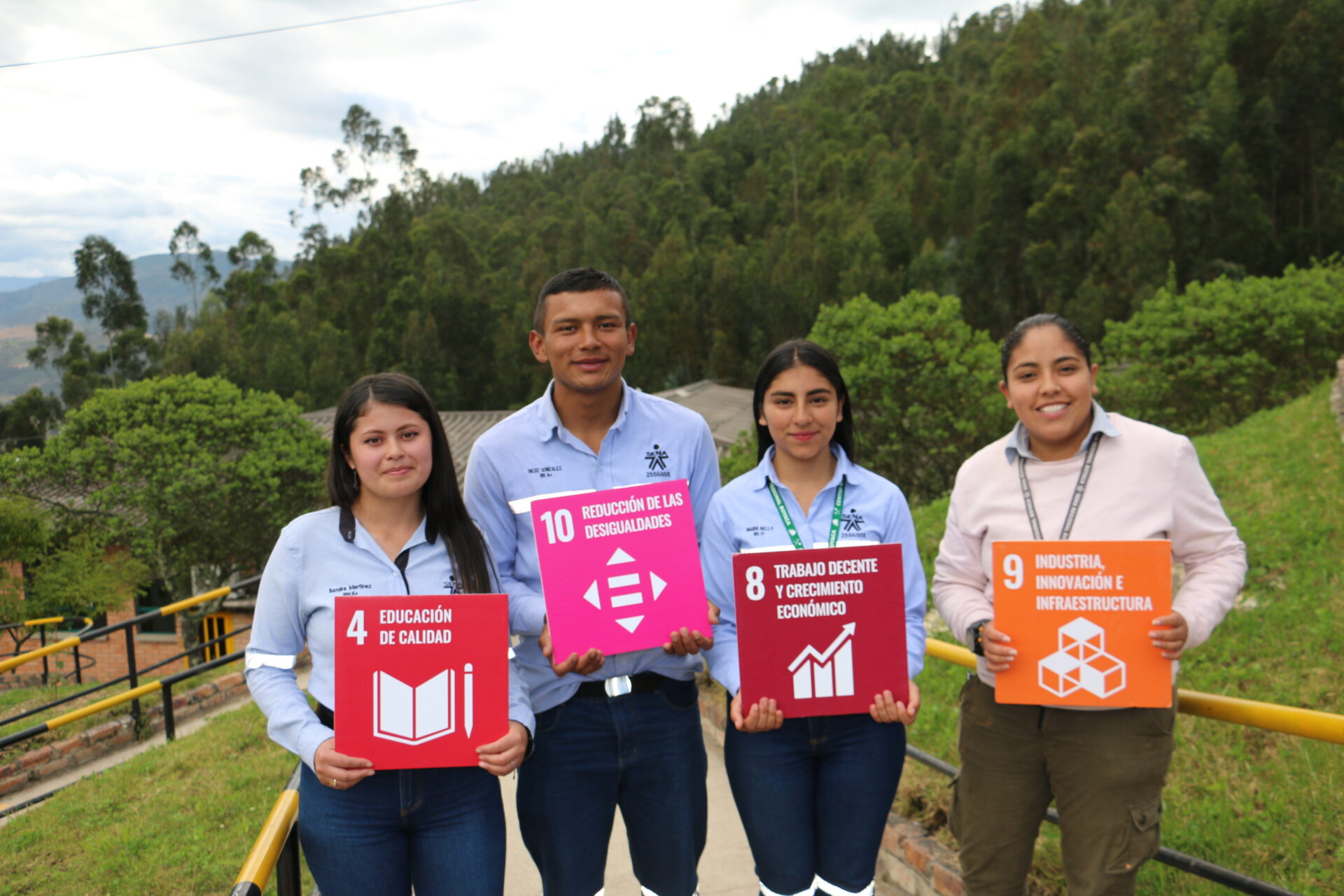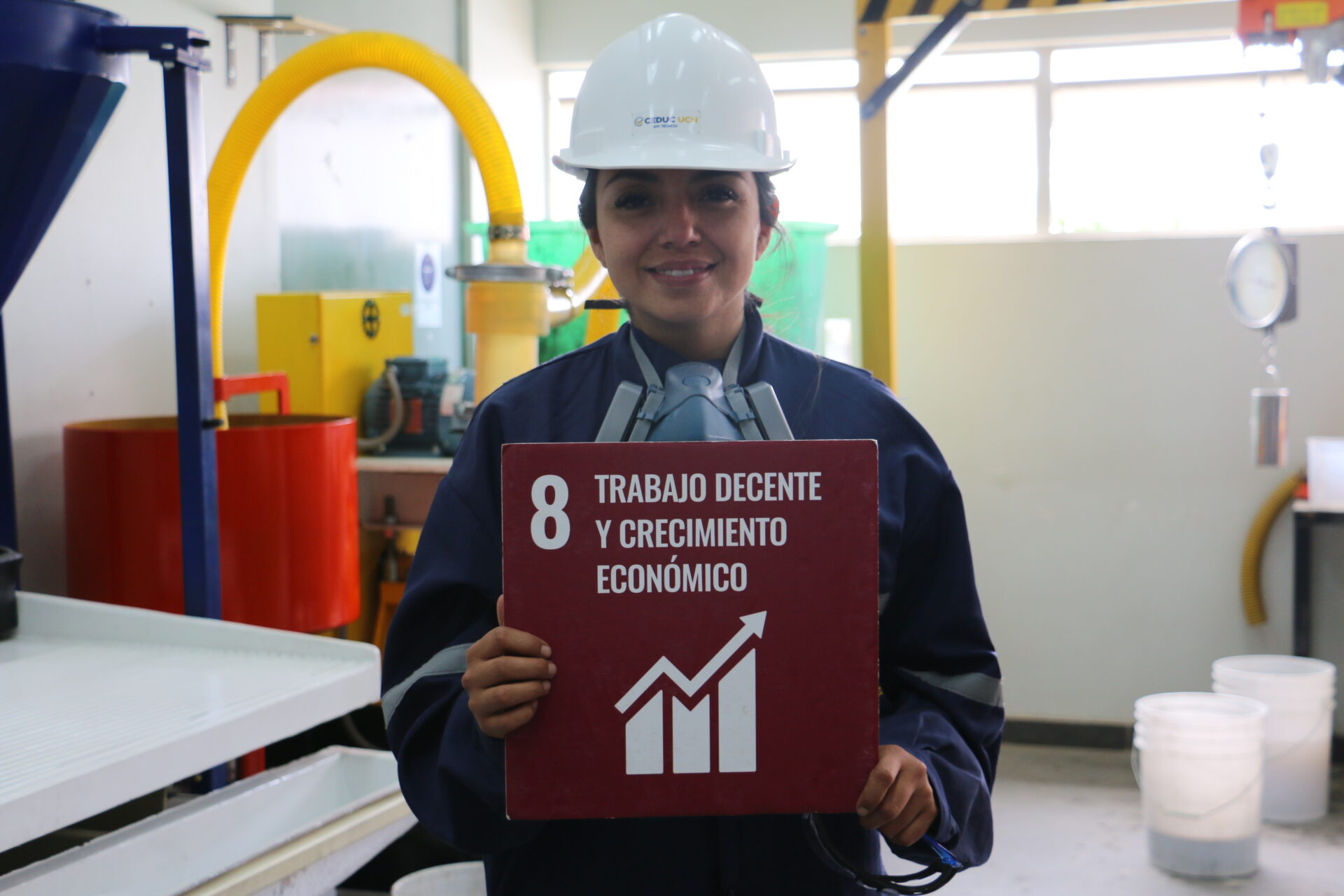More than
THEME 3 K
Quality of technical and vocational education and training (TVET)
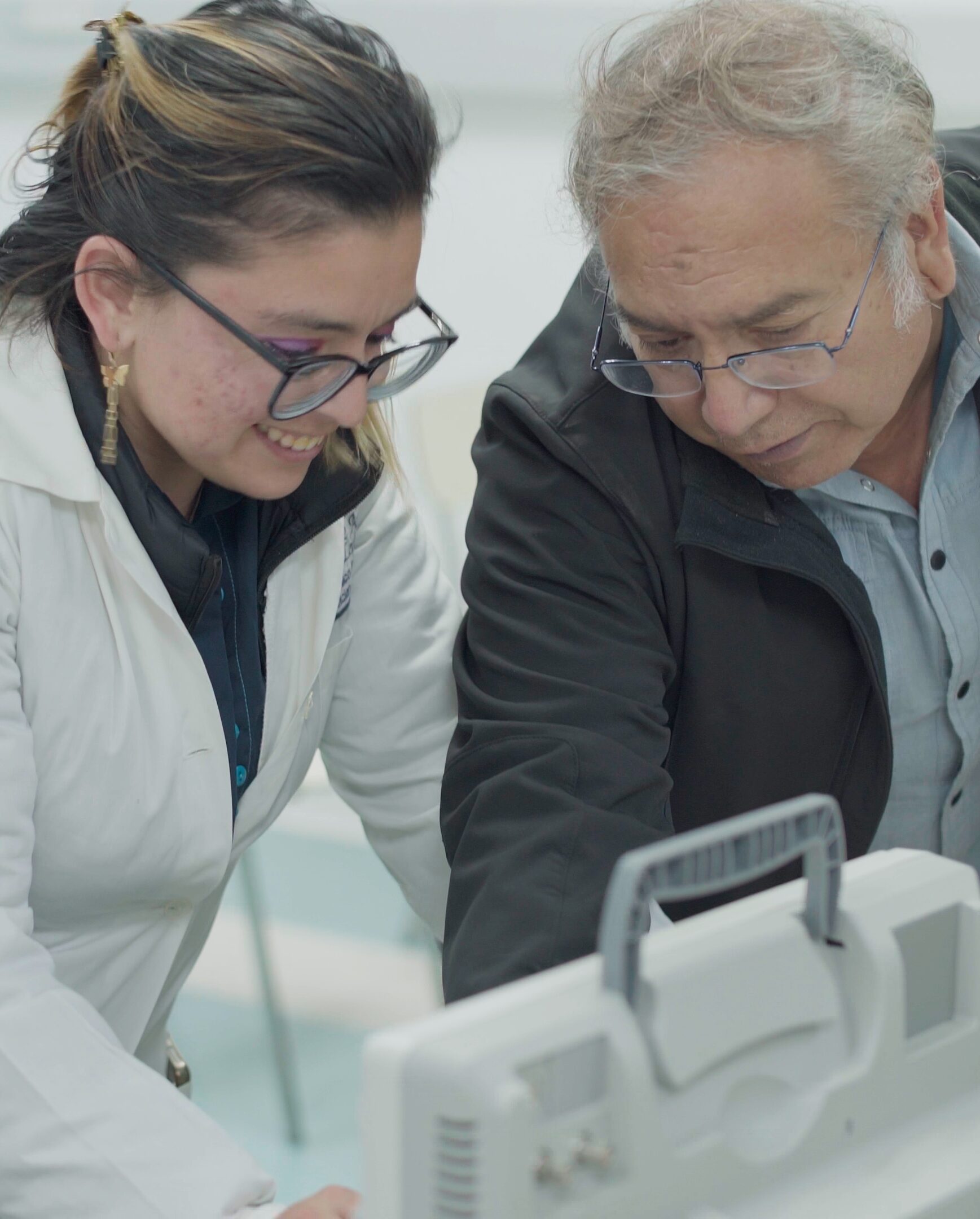
The projects from Theme 3: “Quality of Technical and Vocational Education and Training (TVET)” are those that focus on aligning supply and demand, from a competency-based approach that facilitates a meaningful response to an increasingly changing labour market.
Another thing that contributes greatly to the quality of people’s training is the gender equality approach, since this enables the identification not only of the needs of the market but also those of individuals. Adapting programs according to these needs, to a culture of non-violence, to breaking down stereotypes within programs and in teacher training, for improved delivery of new technical programs, is all part of quality education. One example was the development of specific training modules on entrepreneurship, which can be implemented at a later stage, aimed at women at risk of exclusion and in some cases Indigenous women.
Discover the projects that improved the quality of Technical and Vocational Education and Training (TVET)
Project B01 – Curriculum development in electricity and energy efficiency, entrepreneurship, and gender equality initiatives in the extractive sector
Project B02 – Curriculum development in mining plant operation, basics of mining plants, and relationships with companies
Project B03 – Strengthening institutes to serve the productive sector in mining supervision
Project B05 – Leadership and change management in industrial mechanics and industrial electromechanics
Project B06 – New paradigm for curriculum development in renewable energy and alternative energy sources
Project B07 – Supporting curriculum design in heavy machinery maintenance and metallurgy
DISCOVER THEME 3
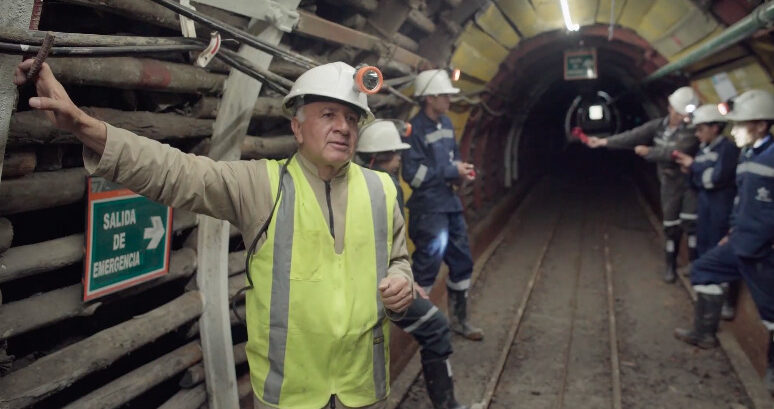
It's something to be proud of!
enrolled in the training courses developed by the PA-EFE Program
16 training programs
that cover both labour market needs in the extractive sector and challenges around gender equality and environmental sustainability
91% employers
have a positive view of the level of employability of students at the end of their placement

(Canadian dollars)
More than CAN$1 million
invested in teaching equipment or materials
20% more extractive companies
were satisfied with the quality of the programs created and/or adapted

(Canadian dollars)
CAN$ 240,000
of funding in response to the COVID-19 pandemic
ACTIVITIES AND RESULTS
All projects under this theme were aimed at creating or adapting training programs that were suited to the needs of the labour market. As such, these programs were developed jointly by local partners (institutes and universities) and Canadian colleges, in collaboration with the productive sector, through a labour situation analysis (LSA).
The programs were created using a competency-based approach (CBA), which recognizes the importance of practice in learning. As such, a budget of CAN$100,000 has been allocated to each project for the purchase of state-of-the-art equipment to help students to be better prepared to enter the labour market. Gender equality and environmental sustainability perspectives were taken into account throughout the process of creating or improving programs. Technical and pedagogical training was also provided to trainers from local partner institutes on the use of the new tools in an instructional setting.
Finally, due to the COVID-19 pandemic, several distance learning courses—both synchronous and asynchronous—were developed and delivered to compensate for travel bans. However, when the situation allowed, exchanges and visits were held on both sides, both in Canada and in the partner country.
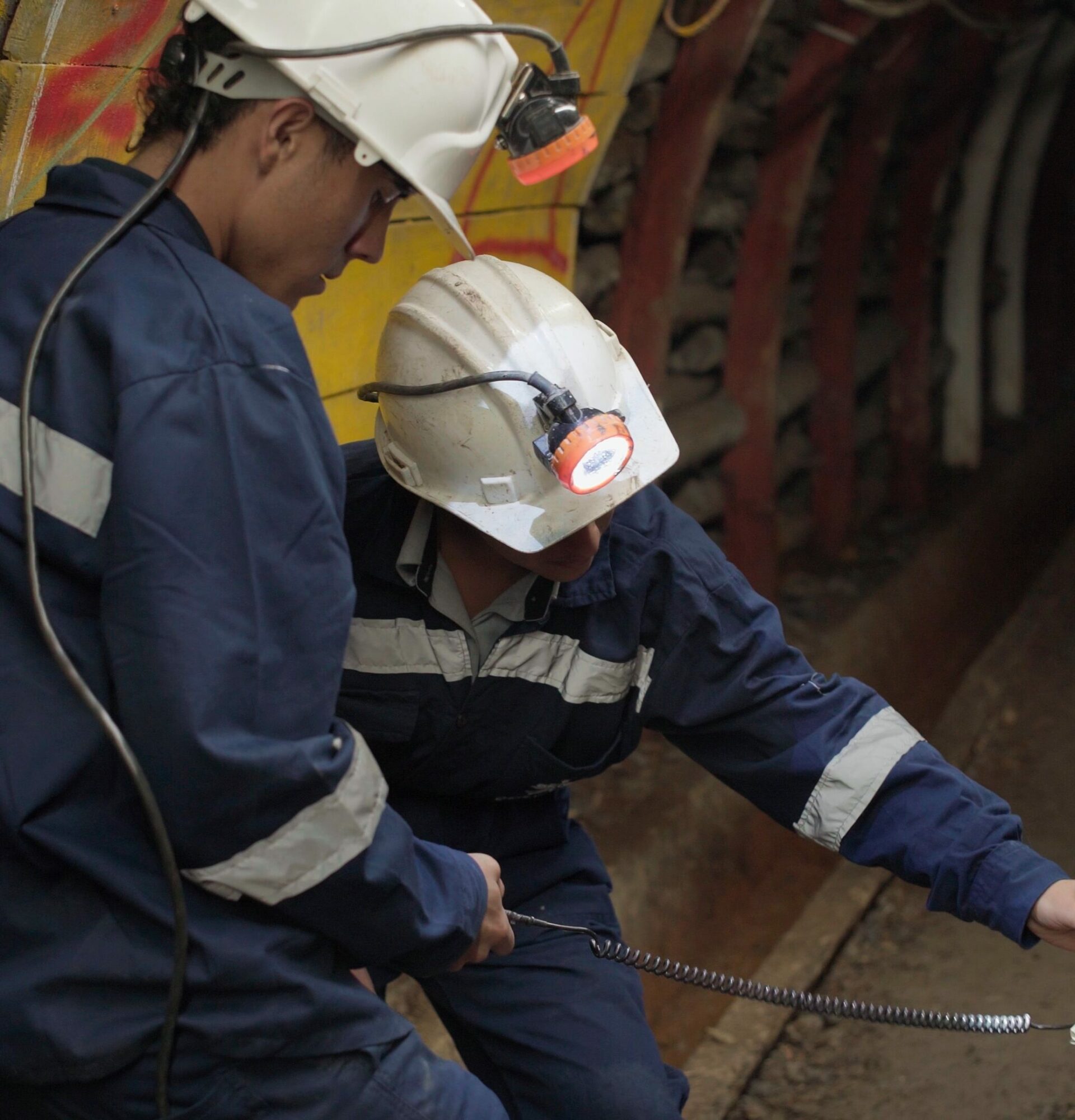
Lessons learned
The lessons learned from the theme 4 projects focus on aligning supply and demand, competency-based education, and the quality of TVET.
Lesson learned #1
We need to understand and implement virtual teaching methodologies; this has led to a change in the paradigm that has been very focused on face-to-face learning. How to we work with new teaching methodologies, which involve new platforms, while also motivating students?
Lesson learned #2
It is important to focus on competencies, to observe and analyze what is happening in the market, to provide adaptability and co-creation of programs such as micro-certificates, which are shorter and more specialized certificates offered over a few sessions. It is not always necessary to have pursued a vocational or technical program to meet companies’ needs, and it is very important for instructors and administrators to be continuously learning.
Lesson learned #3
Strategic partnerships between business, governments, and communities are needed. Labour market integration has to be a macroeconomic policy; not all the responsibility should be placed on one group alone.
Lesson learned #4
We need to work with industry to identify training needs and inputs for curriculum design.
Stakeholders committed to achieving the SDGs
Recommendations
Recommendation #1
Suggestions for new teaching methodologies include video capsules, the flipped classroom, virtual reality, augmented reality, and blockchain.
Recommendation #2
Create an inventory of needs at the national level—a large, robust database that contains people’s profiles and competencies, in order to achieve alignment between supply and demand.
Recommendation #3
Offer programs according to the specific needs of the states or regions of the countries for effective labour market insertion; determine which sectors are located in each territory so that programs can be offered based on that.
Recommendation #4
Create TVET programs that can grow and be added to, so that students can have access to further training. A ladder that leads to professional development and specializations.
TESTIMONIALS
Hear what they say about it
Felipe Efraín Cutipa Villalba
Coordinator of the Metallurgy Studies Program, Instituto de Educación Superior Tecnológico Público Honorio Delgado Espinoza (IESTP-HDE), Peru
